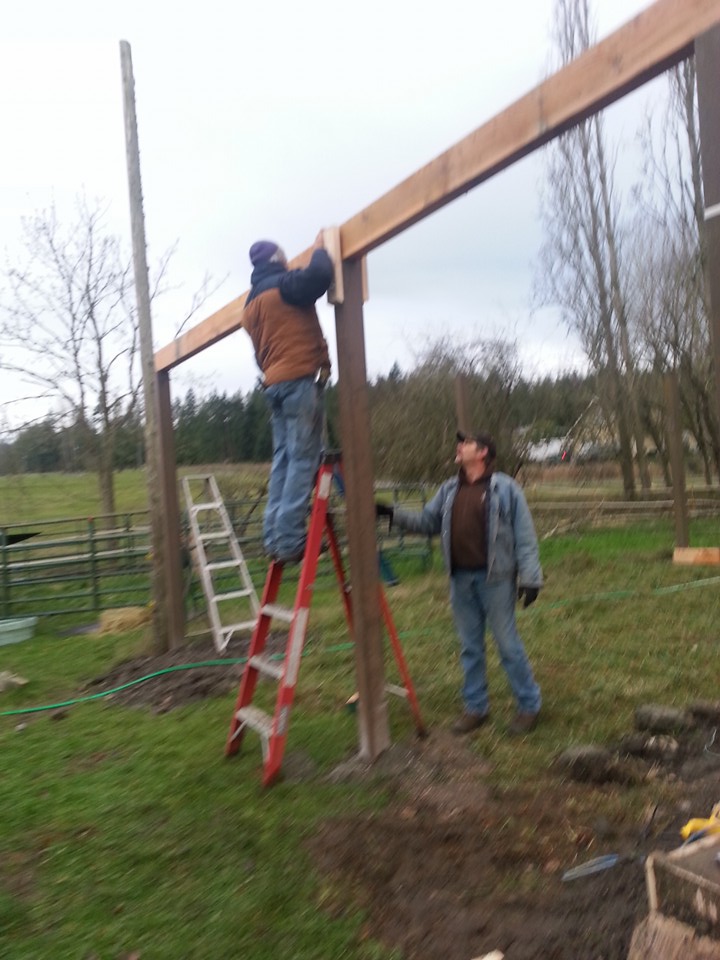

In resonant prose, Jackson ably conveys the feuding aspirations and unease of the Black middle class.


Fletcher, The Washington Post " bittersweet meditation on race and belonging. The book is by turns searing, informative and funny, as Jackson explores both serious issues and absurdities of his life and his city." -Michael A. " is told in wide-ranging essays that touch on subjects including the joys and challenges of Black fatherhood, the overlooked history of new, mostly White neighborhood of Homeland, his connection to his childhood church, the perils of Black upward mobility, the pain of divorce, and the everyday challenges of homeownership. Jackson's story leans on the essay to contain the raging absurdity of Black American life, establishing him as a maverick, essential writer. Shelter is an extraordinary biography of a city and a celebration of our capacity for domestic thriving. Each chapter is a new exploration: a trip to the Maryland shore is an occasion to dilate on Frederick Douglass's complicated legacy an encounter at a Hopkins shuttle-bus stop becomes a meditation on public transportation and policing and Jackson's beleaguered commitment to his church opens a pathway to reimagine an urban community through jazz. But his purchase, and his desire to pass some inheritance on to his children, provides a foundation for him to explore his personal and spiritual history, as well as Baltimore's untold stories. His new neighborhood, Homeland-largely White, built on racial covenants-is not where he is "supposed" to live. With sardonic wit, Jackson describes his struggle to make a home in the city that had just been convulsed by the uprising that followed the murder of Freddie Gray. It would all be unremarkable but for the fact that he had grown up in West Baltimore and now found himself teaching at Johns Hopkins, whose vexed relationship to its neighborhood, to the city and its history, provides fodder for this captivating memoir in essays. In 2016, Lawrence Jackson accepted a new job in Baltimore, searched for schools for his sons, and bought a house. It would all be unremarkable but for the fact that he had grown up in West Baltimore and now found himself teaching at Johns Hopkins, whose vexed relationship to its neighborhood, to the city and its history, provides fodder for this captivating memoir in essays."-Ī stirring consideration of homeownership, fatherhood, race, faith, and the history of an American city. About the Book "In 2016, Lawrence Jackson accepted a new job in Baltimore, searched for schools for his sons, and bought a house.


 0 kommentar(er)
0 kommentar(er)
